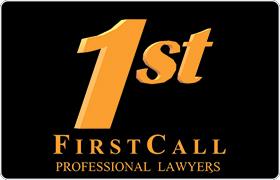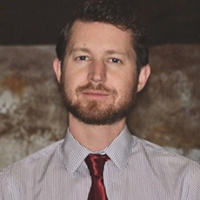San Luis Rey DUI-DWI Lawyer, California
Sponsored Law Firm
-
 x
x

Click For More Info:
-
First Call Legal Services Corporation
530 Hacienda Dr Unit 101B Vista, CA 92081» view mapCriminal Defense Effective. Versatile. Decisive.
Our vision is to build strong, trust-based client relationships from our first handshake. Every challenge is an opportunity. You need the RIGHT PEOPLE for the job you want done.
760-690-3999
Terry Scott Allen
✓ VERIFIEDCriminal, DUI-DWI
Terry Allen is a practicing lawyer in the state of California.
Jacob Prescott Austin
✓ VERIFIEDCriminal, Felony, Misdemeanor, DUI-DWI, White Collar Crime
Over the years I have worked on cases spanning many areas of law such as marriage dissolution issues, transferring trademarks, elder abuse, financial ... (more)
Steven Leslie Stern
Landlord-Tenant, Real Estate, DUI-DWI, Consumer Rights
Status: In Good Standing Licensed: 56 Years
John Edward Williams
Accident & Injury, Criminal, Car Accident, DUI-DWI, Medical Malpractice
Status: In Good Standing Licensed: 45 Years
Samantha Sierra Roe
Traffic, Employee Rights, DUI-DWI, Criminal
Status: In Good Standing Licensed: 10 Years
Richard L Duquette
Litigation, Misdemeanor, Felony, DUI-DWI, Criminal
Status: In Good Standing Licensed: 41 Years
 First Call Legal Services Vista, CA
First Call Legal Services Vista, CA Practice AreasExpertise
Practice AreasExpertise


